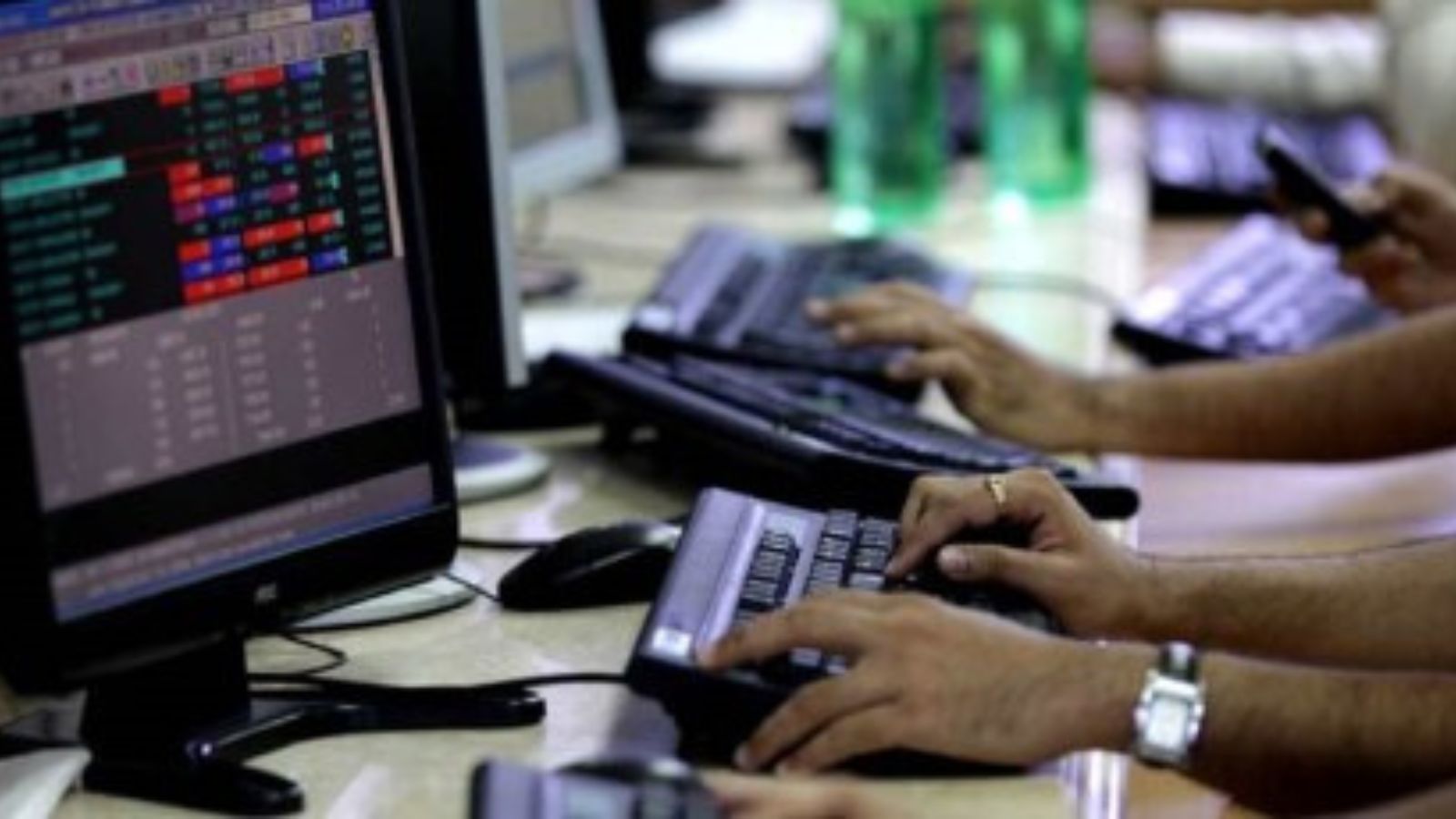 |
|
The Indian stock market experienced a temporary closure on Wednesday, November 20th, due to the ongoing Legislative Assembly elections in the states of Maharashtra and Jharkhand. This closure affected the benchmark indices, BSE Sensex and Nifty 50, halting trading activity for the day. The decision to close the markets was a proactive measure to ensure the smooth conduct of the elections and maintain a fair and orderly process. The closure underscores the significant impact of major political events on the financial landscape of the nation. The markets were scheduled to resume their operations on Thursday, November 21st, continuing their daily trading cycles.
The closure on Wednesday followed a period of market volatility. Prior to the closure, on Tuesday, November 19th, both the Sensex and Nifty 50 experienced a rebound after a series of losses. The Sensex gained 239 points (0.31%), closing at 77,578.38, while the Nifty 50 ended its seven-day losing streak with a 64.7-point (0.28%) increase, settling at 23,518.5. This rebound was attributed by market experts to value buying, particularly in the banking, information technology, and auto sectors. Value buying, as defined by Investopedia, is a strategy where investors purchase stocks they believe are undervalued, presenting a potential for future growth. This strategic investment approach contributed to the positive market performance on Tuesday, offering a temporary respite from the recent downward trend.
The preceding week had witnessed a significant decline in the stock market. The Nifty 50 had fallen 1,030 points (over 4.3%) in the seven trading sessions leading up to Tuesday’s rebound, representing a substantial drop in value. Similarly, the Sensex had experienced a drop of over 3,000 points, reaching the 77,300 level during the same period. Several factors contributed to this downturn. A key factor was the persistent selling spree by foreign institutional investors (FIIs), reflecting a lack of confidence in the market's short-term prospects. Furthermore, weaker-than-expected corporate results for the second quarter of the fiscal year added to the downward pressure. The strengthening bond yields in the United States, influenced by the electoral victory of former President Donald Trump, also played a significant role in impacting investor sentiment and leading to capital outflows from emerging markets, including India.
The temporary closure of the stock market due to the elections in Maharashtra and Jharkhand highlights the interplay between politics and finance. Elections, as significant political events, often cause uncertainty in the markets as investors wait to gauge the potential economic impact of the outcome. The temporary halt to trading provides a breather, allowing for a period of consolidation and assessment before trading resumes. The market’s subsequent performance will likely depend on various factors, including the outcome of the elections, further developments in the global financial landscape, and the overall performance of corporate earnings. The closing on Wednesday represents a pause within the wider context of the dynamic and often volatile nature of the Indian stock market.
In addition to the closure on Wednesday due to the state elections, the Indian stock markets had experienced several other holiday closures in 2024. Notably, the markets were closed on November 1st for Diwali and Laxmi Pujan, and on November 14th for Guru Nanak Jayanti. The upcoming Christmas holiday in December will also result in another market closure, adding to the total number of days when the markets are not operational for trading. These periodic closures highlight the impact of religious and cultural observances on the economic calendar, underscoring the integration of social and religious customs into the structure of the nation’s financial systems. The total number of non-trading days this year, beyond the usual weekend closures, highlights a considerable portion of time when market activity is suspended. This pattern of closures needs to be considered in the overall calculation of trading volume and market performance for the year.
The overall market performance in the coming weeks and months will hinge on a combination of domestic and international factors. The results of the Maharashtra and Jharkhand elections will have a bearing on investor confidence, with potential policy changes influencing various sectors. Global economic conditions, particularly in relation to the United States and other major economies, will also continue to shape the trajectory of the Indian stock market. The ongoing performance of corporate earnings will be another key determinant of market sentiment. The combination of these factors means that while Tuesday's rebound offered a temporary positive sign, sustained growth will depend on a confluence of supportive internal and external factors.
Source: Stock market shut on Wednesday due to Assembly elections in Maharashtra, Jharkhand
